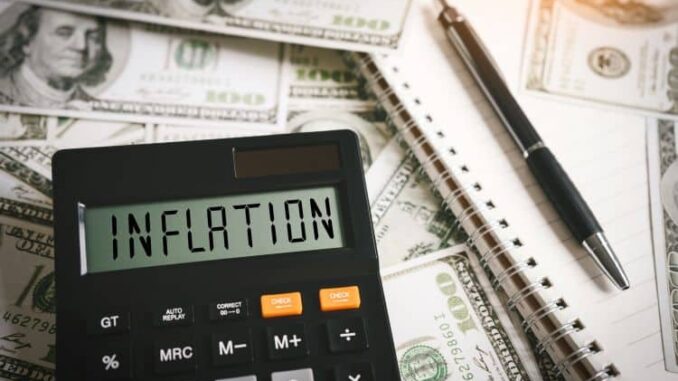
Inflation rate in the Philippines eased to 3.3 percent in August, the lowest since January 2024, the Philippine Statistics Authority (PSA) said Thursday.
The PSA said the August inflation was lower than 4.4 percent in July and 5.3 percent in the same month last year.
“The downtrend in the overall inflation in August 2024 was primarily brought about by the slower annual increment of food and non-alcoholic beverages at 3.9 percent in August 2024 from 6.4 percent in the previous month,” the PSA said.
“Also contributing to the downtrend was transport with an annual drop of 0.2 percent during the month from a 3.6 percent annual increase in July 2024,” it said.
Finance Secretary Ralph Recto said that the slower inflation rate in August 2024 demonstrates the effectiveness of the government’s targeted interventions to stabilize food prices, and assured the public that it will sustain the downward momentum by staying vigilant against risks.
“We will not be complacent. While we are now seeing the positive results of our measures, we are proactively monitoring potential inflationary risks to address them in a timely and targeted manner,” he said.
The decline brought the average inflation rate to 3.6 percent, comfortably within the government’s target range of 2 percent to 4 percent.
The Bangko Sental ng Pilipinas (BSP) said the latest inflation outturn is consistent with its latest assessment that inflation would revert back to the target range in August after the temporary uptick observed in July.
“The implementation of the rice tariff reduction will help in easing inflation in the coming months,” the BSP said.
“The balance of risks to the inflation outlook continues to lean toward the downside for 2024 and 2025 with a slight tilt to the upside for 2026. The downside risks are linked mainly to lower import tariffs on rice, while upside risks could come from higher electricity rates and external factors,” it said.
The National Economic and Development Authority (NEDA) said the continued easing of inflation and stable prices would benefit households and businesses, promoting increased consumer spending and stimulating economic activity.
It said this trend was consistent with other ASEAN countries, which also managed their inflation rates within their target ranges: Indonesia at 2.6 percent (with a target of 1.5 to 3.5 percent) and Vietnam at 4.4 percent (within a target range of 4.0 to 4.5 percent).
“The sustained easing of inflation will support growth in household consumption, which elevated prices have long suppressed. Low-income households will benefit from the decline in food inflation, as food constitutes more than half [51.4 percent] of the consumption of the bottom 30 percent of households,” NEDA Secretary Arsenio Balisacan said.
“Moreover, as businesses have identified persistent inflationary pressure as a significant concern, the recent stability and moderation in inflation will encourage investments, especially as borrowing costs are declining. Most importantly, the appetite for business expansion will improve as consumer spending increases,” he said. With Domingo Juan


Be the first to comment